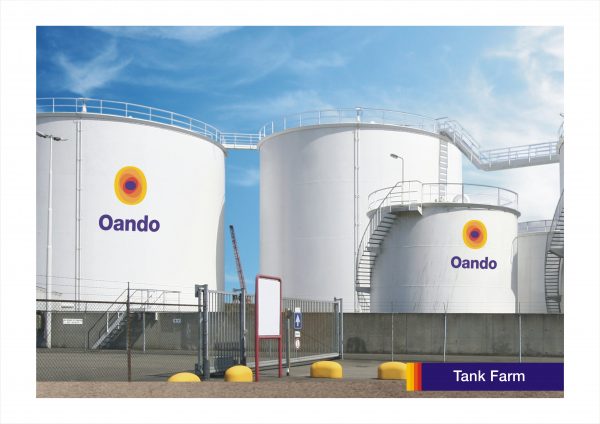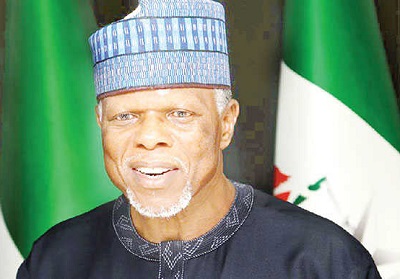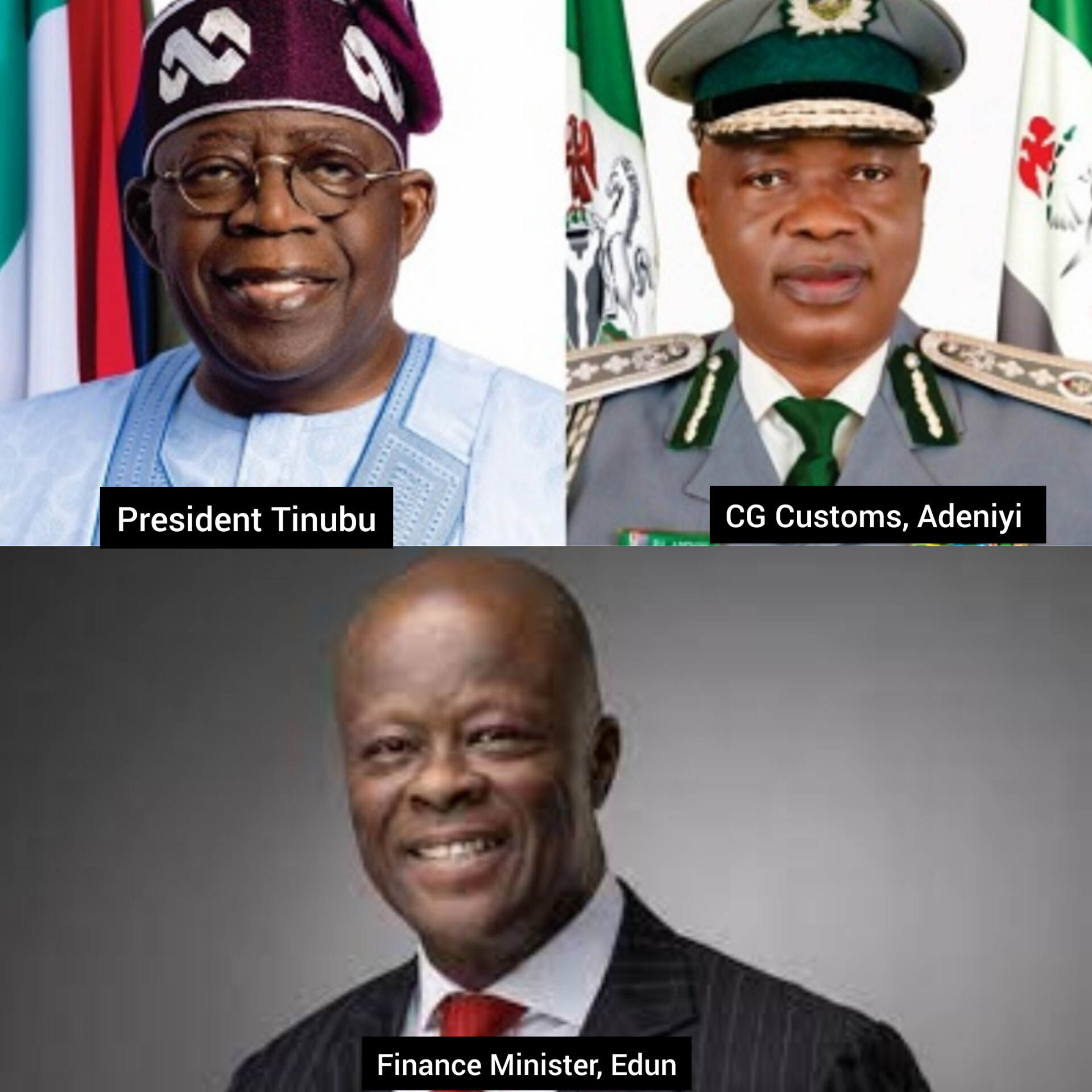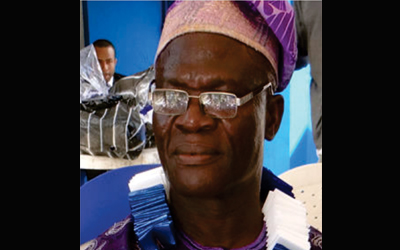What Is The Hope Of Maritime Under APC Government?
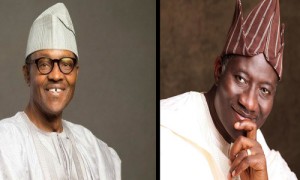 As a new era dawns on the administration of the nation, stakeholders in the maritime sector are deliberating on how this change will affect the second most lucrative sector in the country.
As a new era dawns on the administration of the nation, stakeholders in the maritime sector are deliberating on how this change will affect the second most lucrative sector in the country.
Recall that the new government-elect, the All Progressives Congress (APC) promised that it would effect massive changes in the maritime sector if they won. They even said that they would review the concession agreement, if they won.
The question is: if they should effect all these changes, how would that affect the maritime sector?
The maritime sector is a viable means of revenue generation in the country and stakeholders believe that any change in the sector should be geared towards continuing the revenue-generating process.
Albeit, the sector is the second highest revenue earner for the government after the oil and gas which seems to be losing grip on its status lately.
However, any alteration on the polices of the maritime sector will definitely make or mar the industry depending on what is taken out and what is infused into the system.
Stakeholders believe that one thing is constant. The fact that there is going to be a change in the administrators and policies is undeniable but where it will drive the sector is still a myth to keen watchers of development in the sector. In doing so, it would be advisable to involve the critical stakeholders in the maritime sector in decision making so as to avoid some of the avoidable errors that marred the sector before now.
Owing to pre-election campaign promises by politicians, the APC chieftains had promised to carry out aggressive reforms in the maritime. Most importantly, they had promised to review the concession agreement which the government entered into with the terminal operators in 2006.Critical stakeholders who are ardent followers of events in the maritime sector and in the larger society believe that there would definitely be a change.
While some exude confidence in the in-coming government of APC at the centre led by the retired General, Muhammed Buhari, others plead that the sector be holistically encapsulated in their reformation agenda.
Barr. Emmanuel Osuala Nwagbara is the General Secretary of the Maritime Arbitrators Association of Nigeria (MAAN); he welcomed these purported changes so far they will go a long way I addressing the pertinent issues that have bedeviled the maritime sector.
These issues, according to him, if left unaddressed will continue to stunt the growth of the sector. In his words “There are lots of issues that require to be looked into. The concessioning agreement is one; the issue of export regulation is another. And then we have to look at area of port infrastructure which is also very important. In terms of security in the port system, the president, the government of the day had to step up action to ensure that our water environment, territorial waters are safe for navigation and for all businesses at sea. There is also the issue of pollution of our waters. Pollution has become a very serious issue particularly within the internal waters. NIWA has to wake up also. NIWA is part of the government and the issue of pollution of the sea is very serious now. We have NIMAREX, we need government to encourage stakeholders to participate very actively in the expo. The government needs to create an enabling environment for maritime business to thrive in Nigeria. That is one of the things NIMAREX 2015 seeks to achieve. The implementation of Cabotage Act is very serious if the economy must survive especially at thus time when the price of oil at the international market has seriously nosedived. The four pillars of Cabotage must be taken seriously regarding its enforcement. Ship building in Nigeria should be placed on the front burner as a matter of deliberate policy to promote indigenous shipping. Seafarers must be given serious attention in their training. We need platforms to give sea time experience to cadets. So these are some of the areas that I sincerely feel the government must look at seriously”.
He further stated that these changes can only be positive if they are geared towards improving the lot of the maritime industry.
“Security on our waters for instance, it means small ships may want to sail to Nigeria from international waters and because, the sea environment is safe, the Nigerian channels are safe, the freight rate will be lower that it is right now and that means more savings for the economy. If you are looking at deliberate policy to promote indigenous shipping, by way of implementing the provisions of the Cabotage Act, you will find that more ships will be built in Nigeria and when you have Nigerian built ships of international standard, it means Nigerians will take up the lifting of crude which is now predominantly handled by foreign ship owners. Nigerians will undertake the lifting of crude and that means more foreign currency for Nigeria because the international oil corporations pay in foreign currency into the Nigerian economy. If you are looking at participation in NIMAREX, getting a better environment for stakeholders to participate in NIMAREX, then you are encouraging foreign companies participating with local companies to establish original equipment manufacturing plant in Nigeria. That means more employing. Again shipyard establishments also come to play here and that translates to more employment also”.
For Mr. Remi Ogungbemi, the National President of Association of Maritimme Truck Owners (AMATO), the changes should start with the truck owners since they have been neglected and not put into consideration when critical desirous regarding the maritime sector are taken.
As a result of this, he said that the change will come to them first in the shape of a truck terminal for them by the government. “So I look forward to a policy that will assist and support the already arrangement that is in pipeline to address the perennial traffic within the port environment arrangement. I know the management of NPA and the NSC are doing everything possible that I am aware of especially on how to get a befitting modern truck terminal where all the trucks that are littering the road will be used as a holding bay. I am expecting that the coming government should not truncate the plan and the idea, so that the environment can be more conducive for us to operate and to enjoy”.
He continued, “I want the new incoming government to start from us by making sure that we achieve the necessary infrastructure that is a truck terminal. If we have truck terminal, I am telling you most of that problems that are associated with trucks within the port environment will definitely become a thing of the past. So we want authorities of the incoming government to start with our own by providing a place that will serve as a modern truck terminal or truck marshalling yard.”
Among those that have spoken on the issue include the National President of National Association of Government Approved Freight Forwarders (NAGAFF), Chief Eugene Nweke exuded confidence that the incoming government would better the lot of the sector if they study the terrain very well.
He said, “APC government should come on board with a proper understanding that the maritime sector resolves around two critical elements which are regulatory and service provision. So, if they understand the critical roles of service providers in supply chain as far as maritime it concerned, they should also consider the things needed to be injected into the regulatory agencies especially the ones that are punitive in nature in order to allow and encourage the movement of cargoes from the point of origin to the owner’s warehouse. In doing that, they should identify which of the agencies are revenue earners and position them and also make them accountable because over time, the issue of accountability has been an issue.
There seems to be light at the end of the tunnel for the much travail of the maritime, if all the key stakeholders play their parts very well, the sector will attain the Eldorado it has been longing for.
Nigerians are waiting expectantly for these positive changes to come so that the maritime sector will be steered towards a more improved positive course.



